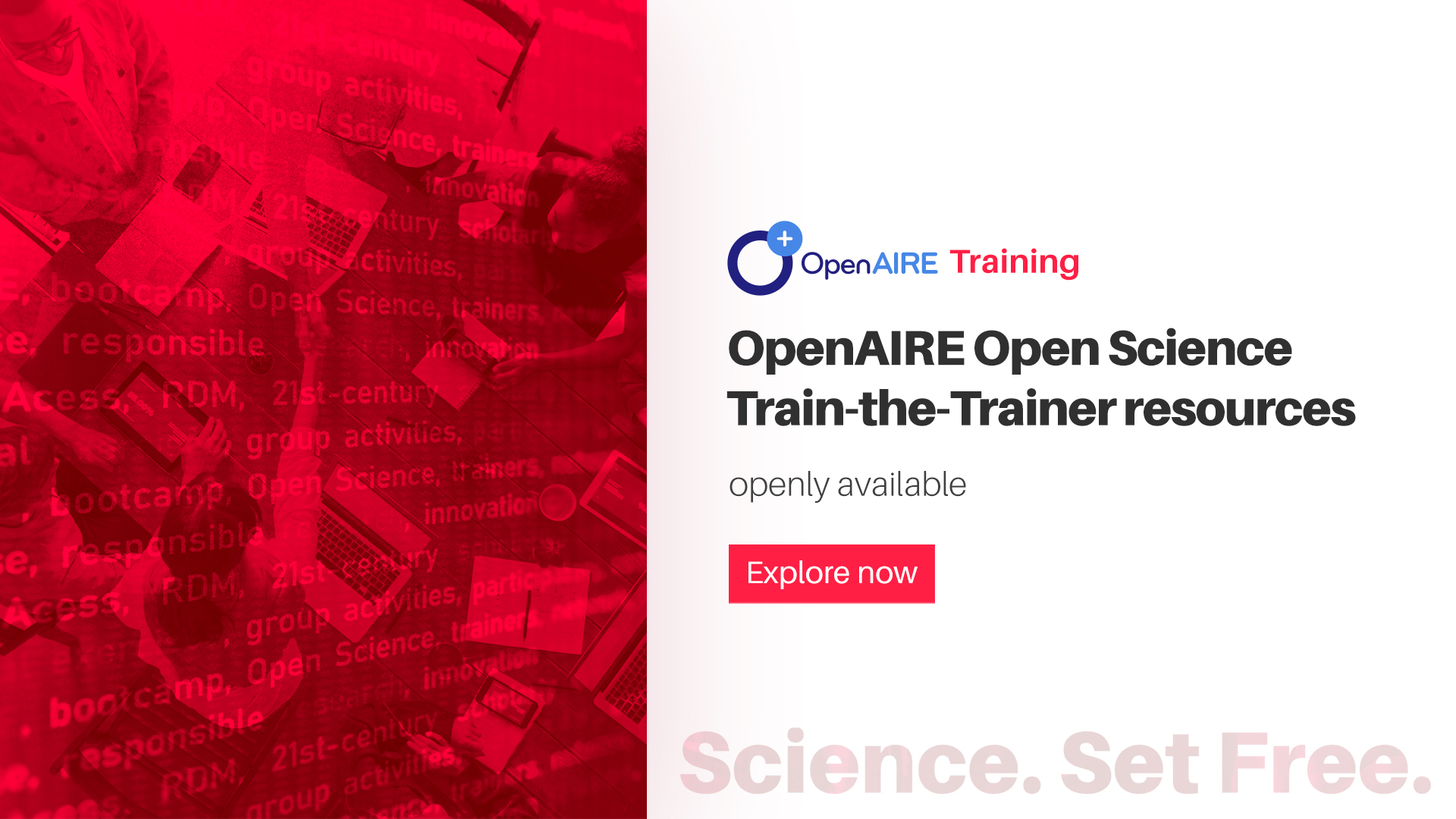
Essentials 4 Data Support is an introductory course for those people who (want to) support researchers in storing, managing, archiving and sharing their research data.
Essentials 4 Data Support is a product of Research Data Netherlands.
Mission
The Essentials 4 Data Support course aims to contribute to professionalization of data supporters and coordination between them. Data supporters are people who support researchers in storing, managing, archiving and sharing their research data.
Target group
The course focuses on anyone wanting to support researchers in storing, managing, archiving and sharing research data: a data supporter. Think, for instance, of (data) librarians, IT staff and researchers with duties involving data management.
Learning objectives
The name for the course – Essentials 4 Data Support – refers to the main goal of the course: teaching the basic knowledge and skills (essentials) to enable a data supporter to take the first steps towards supporting researchers in storing, managing, archiving and sharing their research data.
After the course, data supporters will have gained an insight into the phases in the lifecycle of scientific research data. Points of reference are given for each phase in order to advise researchers about adding value to their research data. View this table to see which competences will be paid attention to in this course.
With this course we mainly aim to offer a community and starting point for data supporters to meet and where they can benefit from each other’s newly gained knowledge and skills. We think that supporting researchers in being responsible for their research data is a team effort. IT staff, library staff, data librarians and data specialists all play their parts. If data supporters know where to find each other, everyone benefits – the researcher in particular.
Research disciplines vary greatly and each requires a specific approach that is not offered in this course.
Course structure
In addition to acquiring knowledge, it is the practicing and sharing of this knowledge which is key to Essentials 4 Data Support. You can take this course in two ways.
